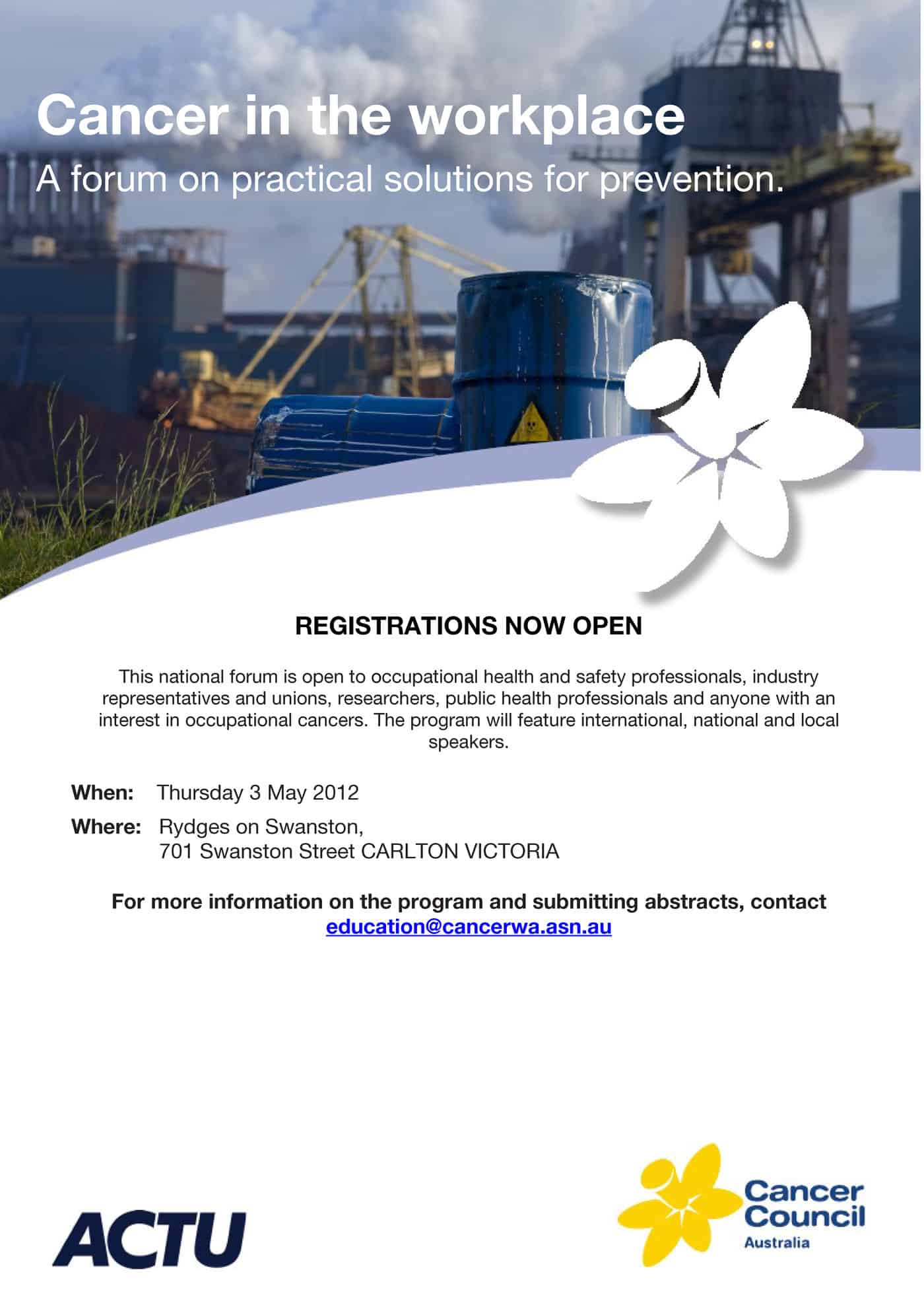Australian politics is currently embroiled in a dispute generated by a contractor entering the telecommunications pits of the asset owner. Some, or many, of the pits contain asbestos and the contractor’s work, the laying of new fibre-optic cables, may disturb the asbestos. There are many other concerns but that is the nub.
The Australian newspaper has been running on this issue for many weeks but one article in today’s edition called “Taking a dig: will Bill come up short?” (page 9 – online paywall), by David Crowe, caught my attention. Crowe reports that:
“The Australian has been told Telstra chief executive David Thodey wrote to Shorten in December 2009 to argue against his proposal for a ‘‘proactive’’ program to remove asbestos from the company’s pits. Thodey gave three reasons for not proceeding: the cost; the risk of releasing asbestos; and the fact plans for the NBN were in train but had not been locked in.”
I realise that the OHS legislative concept of “reasonably practicable” does not extend to all facets of life but if it were applied to the current asbestos exposure (and I think it could) Thodey’s three reasons given above would be crucial in any potential prosecution, particularly if the reasons in Thodey’s response to Bill Shorten were listed in order of priority. In OHS law, cost is the last element to be considered in determining a reasonably practicable hazard control measure.
Continue reading “No one is mentioning OHS prosecution in Telstra/NBN asbestos stoush”


![iStock_000002335978Small[1] asbestos](http://safetyatworkblog.files.wordpress.com/2012/06/istock_000002335978small1-asbestos.jpg?w=198)

![iStock_000002335978Small[1] asbestos](http://safetyatworkblog.files.wordpress.com/2012/04/istock_000002335978small1-asbestos.jpg?w=198) The following article illustrates how important it is for companies to maintain accuracy when writing a media release about safety laws. The internet allows for inaccuracies to become widely distributed and for these to gain some legitimacy through the re-publication on various OHS, magazine and news websites.
The following article illustrates how important it is for companies to maintain accuracy when writing a media release about safety laws. The internet allows for inaccuracies to become widely distributed and for these to gain some legitimacy through the re-publication on various OHS, magazine and news websites.